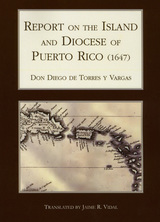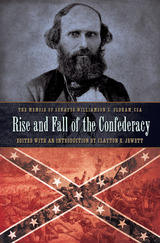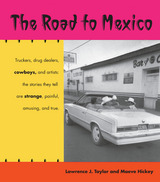Disaster Nationalism: Tsunami and Civil War in Sri Lanka
Duke University Press, 2025
Cloth: 978-1-4780-2846-8 | Paper: 978-1-4780-3163-5 | eISBN: 978-1-4780-6067-3
See other books on: Asian Studies | Civil War | Science & Technology Policy | Sri Lanka | Tsunami
See other titles from Duke University Press
Cloth: 978-1-4780-2846-8 | Paper: 978-1-4780-3163-5 | eISBN: 978-1-4780-6067-3
ABOUT THIS BOOK | AUTHOR BIOGRAPHY | REVIEWS | TOC
ABOUT THIS BOOK
In Disaster Nationalism, Vivian Y. Choi examines how the 2004 Indian Ocean tsunami fostered new forms of governance and militarization during Sri Lanka’s decades-long civil war, both of which led to enduring forms of precarity and insecurity. Tracing the development of disaster management projects following the tsunami, Choi demonstrates how these projects rest on a logic that treats natural disasters and terrorism as inevitable risks in need of management. The tsunami’s destruction foreclosed the possibility of political resolution to the war, as these projects were leveraged by the state to justify its militarized aggression in the war against the Tamil Tigers and a new construction of the Sri Lankan nation. Paradoxically, Choi reveals how state-sponsored disaster management projects—from new buffer and border zones to early warning systems—created more insecurity for Sri Lankans. Foregrounding ethnographic narratives, Choi amplifies the experiences of those affected by the tsunami, particularly Tamil and Muslim communities. In so doing, Choi shows how life perseveres against perpetual uncertainty and danger—caused by natural disasters and state-sanctioned violence alike.
See other books on: Asian Studies | Civil War | Science & Technology Policy | Sri Lanka | Tsunami
See other titles from Duke University Press












